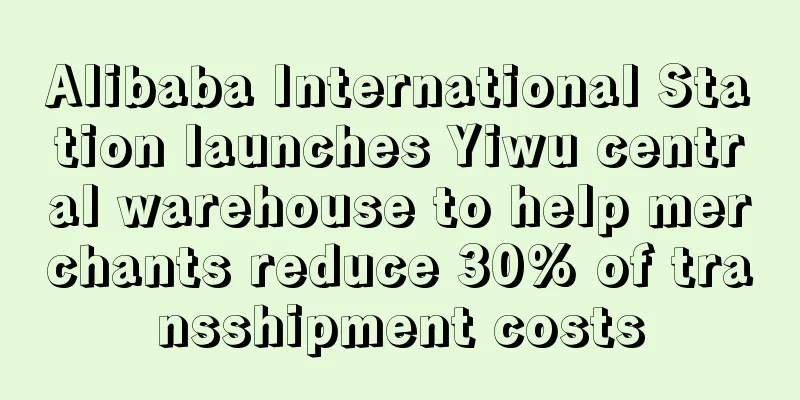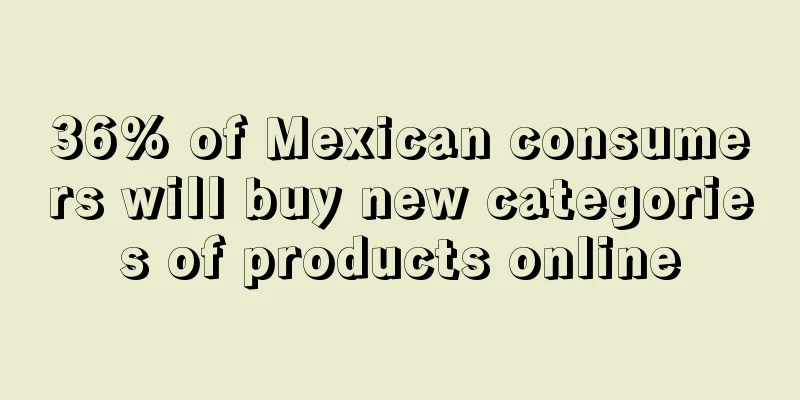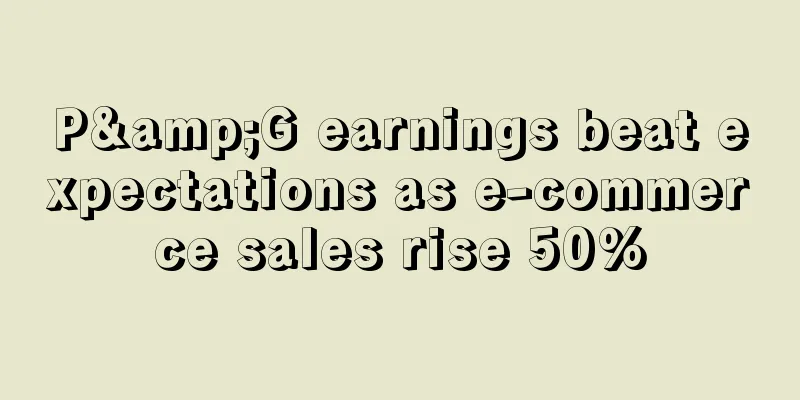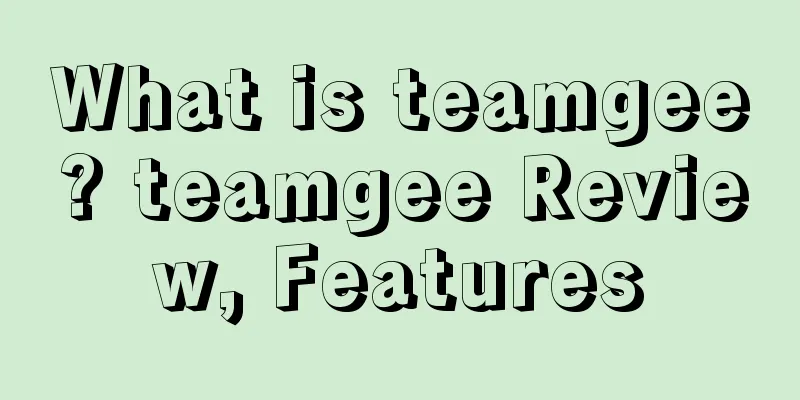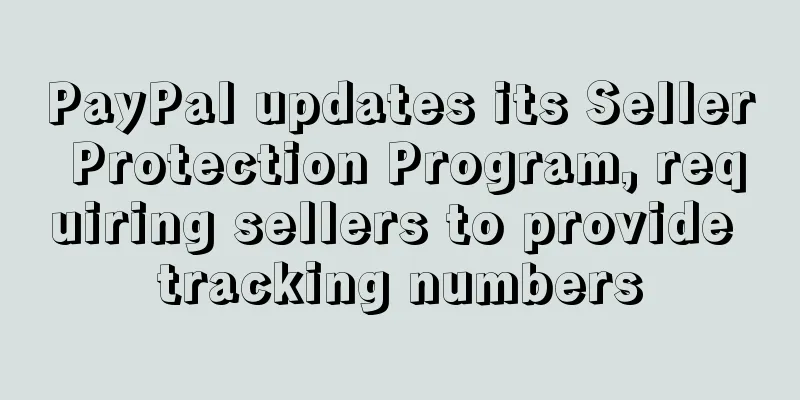Seizing goods and forcing sellers to withdraw! Many markets in Southeast Asia have been hit hard at the beginning of the year
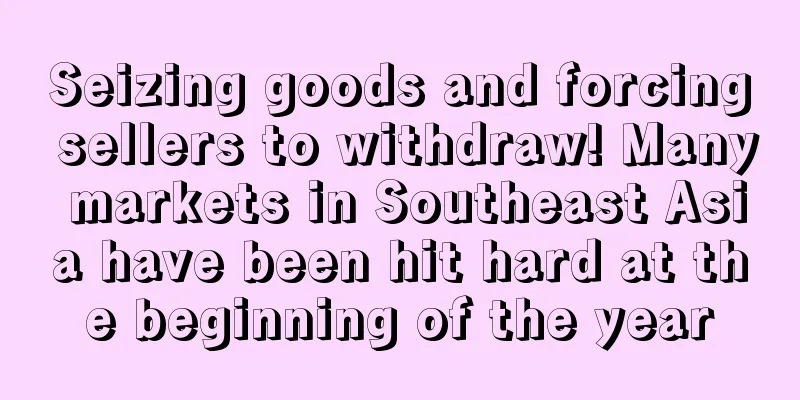
|
With the rapid development of the global e-commerce economy, Chinese sellers are no longer limited to doing business domestically, but have embarked on a journey to go overseas in order to gain a broader stage for development.
Faced with the wave of account and store bans on platforms such as Amazon, as well as tax policies in popular markets such as Europe and the United States, sellers understand that if they want to have stable orders in the long term, they must deploy multiple channels. In recent years, Southeast Asia has become the preferred market for a large number of sellers.
However, with the entry of more and more sellers and cross-border e-commerce platforms, trade fraud, counterfeit and shoddy product problems, and non-compliance of cross-border e-commerce platforms have frequently occurred in many markets in Southeast Asia, posing a threat to the interests of local consumers and businesses.
Strict inspections in markets such as Indonesia and Vietnam have affected a large number of sellers
Recently, there have been various reports of strict inspections in the Southeast Asian e-commerce market, including markets such as Indonesia, Vietnam, Thailand, Singapore, etc., which sellers pay more attention to.
Let’s talk about the Indonesian market first.
According to foreign media reports, recently, the Jakarta Ministry of Trade, in conjunction with the Indonesian Maritime Security Agency and the Indonesian National Army Strategic Intelligence Agency, successfully confiscated illegally imported goods worth 8.3 billion rupiah.
Trade Minister Budi Santoso said the confiscated illegal imports were suspected to be from China and entered Indonesia from ports in Kalimantan, including old clothes, new clothes and 1,663 bundles of rolled items. It is reported that the first batch of illegal imports (finished clothes and 1,200 bundles of new rolled items) were found in Subang, West Java, and the remaining 463 bundles of old clothes were seized in Surabaya, East Java.
Budi pointed out that these actions violated the Minister of Trade Regulation No. 40 of 2002 on the amendment of the Minister of Trade Regulation No. 18 of 2021 on the prohibition of the import and sale of goods. At the same time, it also violated the Minister of Trade Regulation No. 8 of 2024 on import policies and regulations and the Minister of Trade Regulation No. 25 of 2021 on the regulations on goods that must use or attach Indonesian labels.
Let’s talk about Thailand. There have also been new changes in the process of rectifying its e-commerce market.
Recently, Thailand's Bureau of Special Investigation ( DSI) seized about 100,000 illegal counterfeit goods in a large-scale raid on three large warehouses in the Bangkok area.
According to the investigation results, there are a large number of counterfeit products in the warehouse that infringe the trademarks of internationally renowned companies, with a total number of more than 100,000 items, including clothing and accessories printed with the trademarks of Japan's Sanrio Co., Ltd. (My Melody, Hello Kitty, Little Twin Stars, Cinnamoroll, Kuromi, etc.), and products that infringe the trademarks of the American Walt Disney Enterprises (Mickey, Minnie and Winnie the Pooh, etc.).
The goods are believed to have been illegally imported into Thailand and have been seized as evidence in violation of the Trademarks Act 1991 and the Special Case Investigation Act 2004. Officials are currently tracing the supply chain to identify the key individuals behind the smuggling operation.
In Singapore's e-commerce market, there are also a large number of illegal sellers who commit crimes in defiance of the law.
Statistics from relevant agencies in Singapore show that the local Health Sciences Authority seized 970,707 illegal health products in 2024 and removed 7,351 illegal product listings. In addition, 2,868 e-commerce sellers received warnings.
Of all the illegal products seized last year, codeine-containing cough syrups accounted for the majority ( 54%), followed by sexual enhancement drugs (19%), sedatives (18%) and other prescription drugs (9%). In addition to the illegal product seizures, the Singapore Health Sciences Authority also issued public alerts on 14 illegal health products, including one fake probiotic health product, and 13 were found to contain potent ingredients and banned substances.
In addition, Vietnam’s e-commerce market has not been peaceful recently.
Metric data shows that the number of sellers on Vietnam's top five e-commerce platforms was 650,000 last year, a year-on-year decrease of 20.25%. This shows that a large number of sellers have been forced out of the market amid the intensified market competition.
In addition, according to data from the General Department of Vietnam Customs, in 2024, the country discovered, arrested and handled nearly 18,000 cases involving smuggling, trade fraud and counterfeit goods, with the total estimated value of seized goods exceeding 31.35 trillion VND (about US$1.23 billion).
In addition to the above problems, e-commerce platforms in the country have also shown "non-compliance". At the end of last year, the Ministry of Industry and Trade of Vietnam suspended the platform's business in the country on the grounds that "Temu has not yet registered with the Vietnamese regulatory agency" and required it to publicly apologize and implement a refund policy for customers.
Relevant personnel said that it is not clear when Temu will resume operations in Vietnam, but according to the requirements of the Ministry of Industry and Trade and Vietnamese laws, the platform will only be considered for an operating license when Temu completes a valid license application.
Many countries have taken relevant measures to combat "non-compliance"
In the face of frequent non-compliance issues, many Southeast Asian countries have begun to implement relevant regulations to rectify market trends. This is undoubtedly a wake-up call and a new challenge for sellers and platforms.
In Indonesia, the Minister of Trade said that importers of huge amounts of illegal goods seized will be subject to administrative penalties, including written warnings, suspension of business activities or revocation of business licenses; and the relevant goods may be re-exported, destroyed, withdrawn from the market, or handled in accordance with relevant laws and regulations.
He also stressed that in the future, relevant departments of the country will strictly supervise non-compliance and invite all stakeholders to jointly protect and maintain the country's e-commerce market.
In Singapore, its Health Sciences Authority has warned that it will take tough action against sellers who sell or supply illegal health products. Once they are convicted, sellers and suppliers of these products face up to three years in prison and a fine of up to S$100,000.
Philippine Senator Gatchalian recently criticized "multiple online shopping platforms for allowing the sale of illegal tobacco and e-cigarette products." Based on this, his relevant departments plan to carry out multiple law enforcement actions to crack down on the sale of illegal e-cigarettes and other illegal tobacco, and will focus on stores, warehouses and other places.
At the same time, relevant Thai authorities are also stepping up supervision of e-commerce platforms. The Investigation Bureau said it will take strict measures to prevent and combat intellectual property infringement.
The Thai Ministry of Commerce is also working with 16 government agencies and major e-commerce platforms to step up efforts to crack down on the online sales of substandard and illegal products. The Ministry of Commerce stated that in order to protect consumers from low-quality products, according to the "notification and removal" policy, once a product is identified as substandard, it will be immediately removed and sales will be prohibited.
It can be seen that although many markets in Southeast Asia are a new blue ocean full of opportunities for cross-border sellers, if non-compliant issues such as products and platforms continue to spread, it will inevitably have a serious impact on the development of the entire e-commerce market.
In the future, as the policies and relevant regulations of various countries are gradually improved, e-commerce compliance is imperative. Sellers and platforms must not take chances, otherwise it will only hurt others and themselves. On the contrary, "compliant operation" is the foundation for survival. |
Recommend
Amazon Business in India grows at a compound annual growth rate of 102%
According to foreign media reports, Amazon Busine...
Cainiao opens its first distribution center in the Americas, with packages from China arriving in Mexico in as fast as 12 days
The distribution center is located in the concent...
Epidemic rebounds! Germany has nearly 300,000 new infections per day
Recently, the epidemic has shown a resurgence in ...
Q3 operating loss reached 21 billion! Amazon began to significantly reduce its recruitment during the peak season
On October 27th local time , Amazon released its ...
Shopify updates Shop feature to support automatic tracking of Amazon orders
Recently, according to coywolf, Shopify has highl...
What is Manager Munchie? Manager Munchie Review, Features
Maiqi Store Manager is a cross-border e-commerce c...
What is Douying Media? Douying Media Review, Features
DouYing Media is one of the earliest MCN agencies ...
What is Central Bank of the Bahamas (CBB)? Central Bank of the Bahamas (CBB) Review, Features
<span data-docs-delta="[[20,{"gallery"...
Quick view for sellers: Advertising statistics of various channels (Part 2)
How is the advertising development status of diff...
Bicycles sold on Amazon recalled after injuries
The U.S. Consumer Product Safety Commission ( CPS...
What is Xingangda Freight Forwarding? Xingangda Freight Forwarding Review, Features
XGD is an international freight company, mainly en...
Online shopping revenue will reach 7 billion! Small appliances, beauty and perfume products are the hot selling products on Mother's Day in Brazil
As online shopping becomes more popular in Brazil...
What is an action plan? Action plan Review, Features
A Plan of Action (POA) is a letter of appeal that...
Spain's e-commerce market is expected to grow by 24% this year
On July 20, according to foreign media reports, t...
What is Sequoia Capital? Sequoia Capital Review, Features
Sequoia Capital is a venture capital firm founded...

